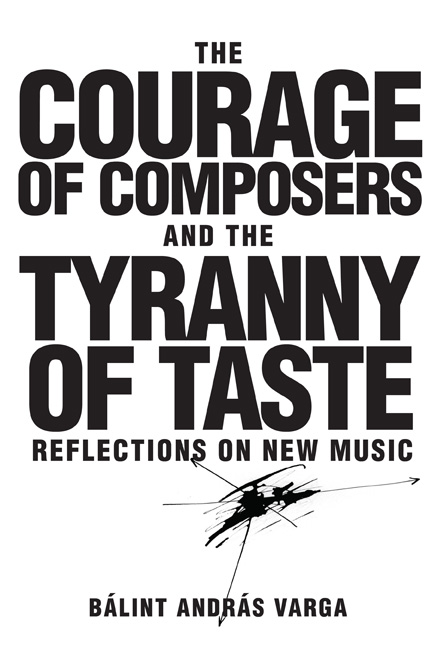28 - Rebecca Saunders (b. 1967)
Published online by Cambridge University Press: 22 May 2021
Summary
The moment that has stuck with particular vividness in my mind during our conversation in Rebecca Saunders's rather Spartan studio in a no less austere block of flats in Berlin where she lives with her family was, when in her emotionally charged way, she suddenly pointed at three short sketches in the manuscript spread out on her desk. Faster than I could really follow, she indicated in quick succession the sketches and said: “I could pick this one or this one or that one.” The choice was hers and at that moment, the loneliness of the long-distance (i.e., professional) composer was brought home to me with tremendous force, as never before. Loneliness coupled with barely suppressed excitement. I felt I was eye- and earwitness of a creative moment in Rebecca Saunders's life.
Yes, the choice was entirely hers and it was really up to her judgment, her talent, her musicality, to make a final and definitive decision. Did courage play any role there?
Of course, the story of revised versions is as endless as that of world premieres; making a decision does not mean that you hew a piece out of a block of marble and are leftwith an unchangeable result. I remember the world premiere of Berio's Alternatim for clarinet, viola and orchestra in Paris in 1997. It leftBerio rather morose and soon enough he added a beautiful highly expressive solo for the viola to redress the balance between the two instruments: the clarinet had proved too prominent. He had made a decision in his study at Radicondoli and, when faced with the sounding result, he realized he had miscalculated.
In his essay “The Anxiety of Art,” Morton Feldman admits that artists have many anxieties, “trying to make something, trying to find safeguards against failure.” There is even, he says, an “anxiety of Art.”
No wonder, then, that sitting at her desk with her manuscript spread out before her, Rebecca Saunders was torn between choosing a way to go forward in her work, fully aware of her responsibility toward her art. She was probably unaware right at that moment that she might make changes afterward. You cannot live in a permanent anxiety of art. You must have the courage to overcome it and live with the result.
- Type
- Chapter
- Information
- The Courage of Composers and the Tyranny of TasteReflections on New Music, pp. 178 - 184Publisher: Boydell & BrewerPrint publication year: 2017

